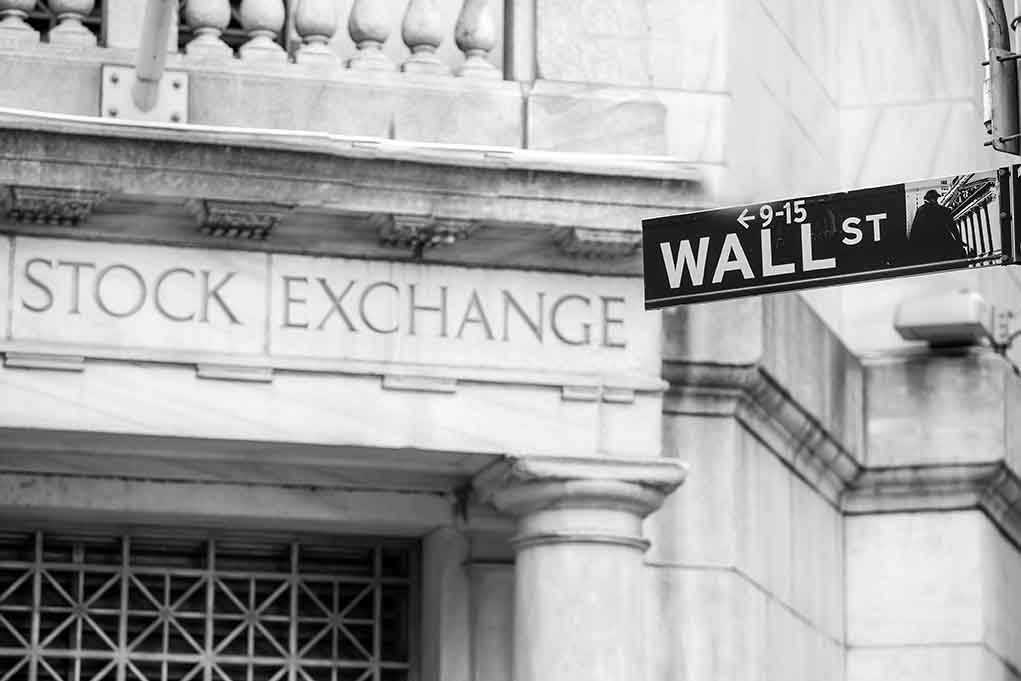
Interactive Brokers is weighing the launch of its own stablecoin, raising eyebrows as Wall Street’s digital arms race collides with a U.S. regulatory environment that has been battered, rebuilt, and—finally—made palatable for Big Finance.
At a Glance
- Interactive Brokers is seriously considering introducing a stablecoin for its customers, responding to new U.S. regulatory clarity.
- The GENIUS Act establishes strict one-to-one dollar backing for stablecoins, spurring Wall Street’s entry into the market.
- Major competitors like JPMorgan and PayPal have already dipped into the stablecoin waters; IBKR is playing catch-up but on a massive scale.
- This move could change how Americans trade, settle, and hold digital assets—if it doesn’t get tangled in more government red tape.
Wall Street’s Digital Stampede: Interactive Brokers Eyes Stablecoin Launch
Interactive Brokers Group, a heavyweight in the brokerage industry, is actively exploring the launch of a stablecoin for client use, reflecting a trend that’s sweeping through financial institutions after years of regulatory uncertainty. The shift comes hot on the heels of the GENIUS Act, which finally laid down rules that make sense—demanding that stablecoins be fully backed by U.S. dollars or equivalent, low-risk assets. The act, a product of years of wrangling, at last brings a sliver of sanity to a market often more volatile than a D.C. budget meeting. Now, with the rules of the game spelled out, IBKR is the latest to join the crypto rush, potentially changing the way Americans fund their accounts and settle trades.
The brokerage’s leadership—led by founder Thomas Peterffy and Executive VP Steve Sanders—has not yet issued a formal announcement but is deep in internal discussions about stablecoin infrastructure and partnerships, including the possible involvement of Paxos Trust Company. This is no pie-in-the-sky crypto daydream: IBKR’s move is a calculated response to both regulatory clarity and the surging demand from clients who are fed up with slow, costly bank transfers and outdated settlement processes. The goal is simple—give customers faster, cheaper, and more secure ways to transact, while making sure the company doesn’t get left behind by rivals who’ve already rolled out their own digital dollars.
Regulatory Greenlight: The GENIUS Act Changes the Game
The passage of the GENIUS Act this July marked a dramatic shift for digital asset regulation. For years, the lack of legal clarity left responsible companies tied up in knots while the wild west of crypto churned on. Now, with the law requiring stablecoins to be backed one-to-one with U.S. dollars or low-risk assets and spelling out tough consumer protection measures, the door has swung open for big names like IBKR to innovate without fear of sudden government whiplash. This isn’t just a win for the suits in New York—it’s a win for anyone who’s watched government overreach choke off innovation and send American leadership in finance overseas.
The stablecoin market is already crowded, with JPMorgan’s JPM Coin and PayPal’s PYUSD setting precedents. But Interactive Brokers, with its institutional gravitas and broad client base, can bring legitimacy and scale that fly-by-night crypto outfits could never dream of. The company is also considering letting clients fund accounts with stablecoins issued by other institutions, potentially turning its platform into a one-stop shop for digital asset management. If IBKR moves ahead, it could set a new industry standard—and possibly force competitors and regulators to catch up, not the other way around.
Implications: Innovation, Risk, and the Government’s Heavy Hand
On the surface, the benefits are obvious: faster settlements, lower costs, and a boost for American competitiveness in digital finance. For clients—both retail and institutional—this means new options, better efficiency, and a taste of the innovative spirit that made America’s markets the envy of the world. The NFT market’s 41% surge in sales volume this July signals that demand for digital assets is anything but dead.
Yet caution abounds, even among optimists. Some analysts warn that stablecoin adoption could outpace existing safeguards, especially if the government’s regulatory whims suddenly shift—a pattern all too familiar for anyone who’s paid attention to the chaos of the past few years. Compliance, risk management, and market stability are all in play. The long-term effects could be profound: if Interactive Brokers’ stablecoin takes off, it could set a precedent for integrating digital assets into mainstream brokerage operations, driving broader adoption and shaping the future of finance in ways that bureaucrats in D.C. can’t even imagine.
Industry Watch: The Race Is On, But Government Remains the Wild Card
Industry experts and market analysts agree that IBKR’s stablecoin consideration is more than a headline—it’s a sign of how fast the financial sector is moving now that Washington has provided, at least for the moment, a rulebook with actual teeth. Clients are eager, competitors are watching, and the potential for growth is enormous. But the specter of government overreach and shifting regulatory sands remains a real threat. Today’s clarity can quickly become tomorrow’s confusion if Congress or the White House decide they know better than the markets.
For now, Interactive Brokers’ foray into stablecoins is still in the exploratory phase, with no set launch date and plenty of hurdles to clear. But one thing is certain: Wall Street is done waiting for permission to innovate. The battleground is digital, the stakes are high, and as always, the winners will be those who don’t let government inertia or woke overregulation hold them back.
Sources:
Interactive Brokers (GENIUS Act analysis)

















